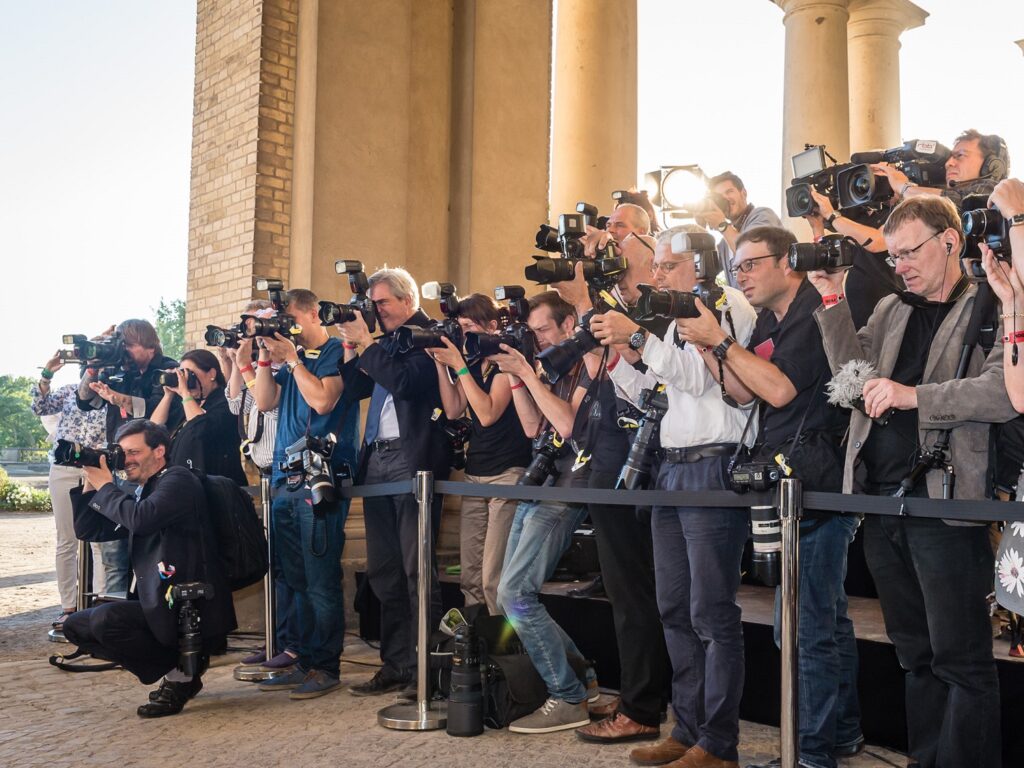 Back in 2011, we all witnessed the shift to paywalls by the New York Times, a calculated risk that paid off in the years since. Other publishers followed suit and found willing audiences concerned enough about quality journalism to support paid content models.
Back in 2011, we all witnessed the shift to paywalls by the New York Times, a calculated risk that paid off in the years since. Other publishers followed suit and found willing audiences concerned enough about quality journalism to support paid content models.
As fake news continued to spread, many consumers began to understand that real journalism still matters.
Today, these same new publishers are, if not completely taking down their paywalls, at least opening a door in them for coronavirus news items, in the interest of public service (and ultimately in a bid to attract new loyal readers).
But can the fragile news environment survive the current onslaught? The New Yorker’s Michael Luo penned an in-depth look at this question.
“A robust, independent press is widely understood to be an essential part of a functioning democracy. It helps keep citizens informed; it also serves as a bulwark against the rumors, half-truths, and propaganda that are rife on digital platforms,” Luo writes. “It’s a problem, therefore, when the majority of the highest-quality journalism is behind a paywall. In recent weeks, recognizing the value of timely, fact-based news during a pandemic, the Times, The Atlantic, the Wall Street Journal, the Washington Post, and other publications—including The New Yorker—have lowered their paywalls for portions of their coronavirus coverage.”
Yet what happens next, when the paywall doors close? Aside from the estimated 16% of the U.S. audience that pays for long-form journalism and investigative news, do we all go back to getting our information in sound bites and click-bait headlines?
Luo posits the idea of a nonprofit model for sustaining journalism, like ProPublica, The Texas Tribune and the Marshall Project. It’s an interesting angle and seems to have support from many corners. Some, like the University of Pennsylvania professor Victor Pickard, says we need a new approach.
Pickard “argues that the commercial model that sustained newspapers for a hundred and fifty years is beyond repair.”
“Without a viable news media system, democracy is reduced to an unattainable ideal,” Pickard writes in his book “Democracy Without Journalism?”
Clearly the public needs information … reliable, well-researched information beyond political posturing and social engineering. When the doors close again, will we pay to get it?
“Over the coming weeks and months, as the Covid-19 pandemic continues on its destructive path, it will alter the fabric of the country. Already, the disease has exposed the fragility of the American health-care system, highlighting its weak points, showing us where it is easily overwhelmed. It will do the same for other systems, including the media ecosystem. The question at this point is how much of it can survive, and how it might be rebuilt,” Luo concludes.
In the meantime, I urge you to find a source of news you trust and make an investment in the future of quality journalism. It’s still the best value for dollar out there.
